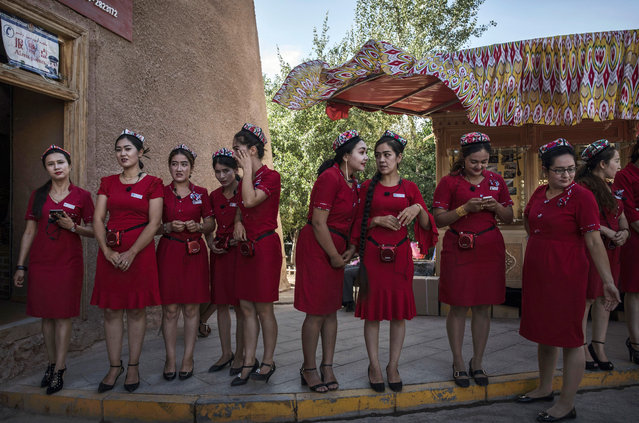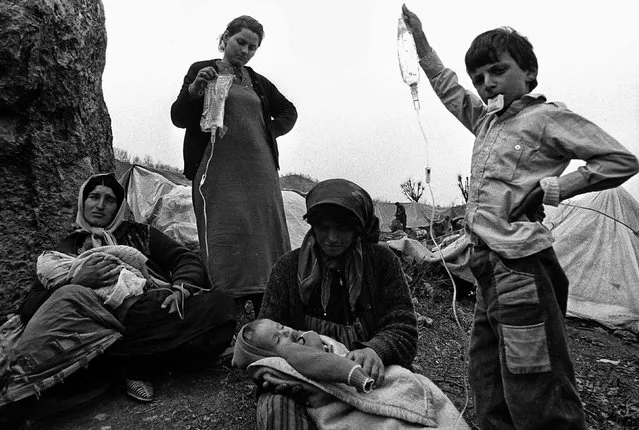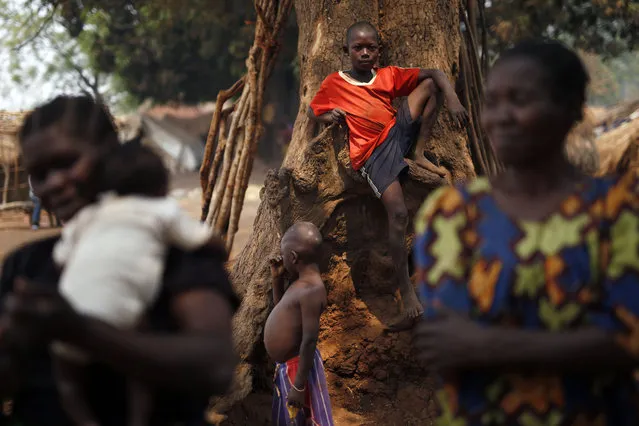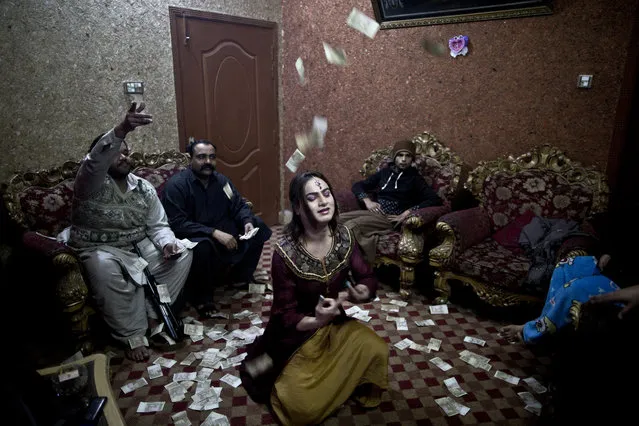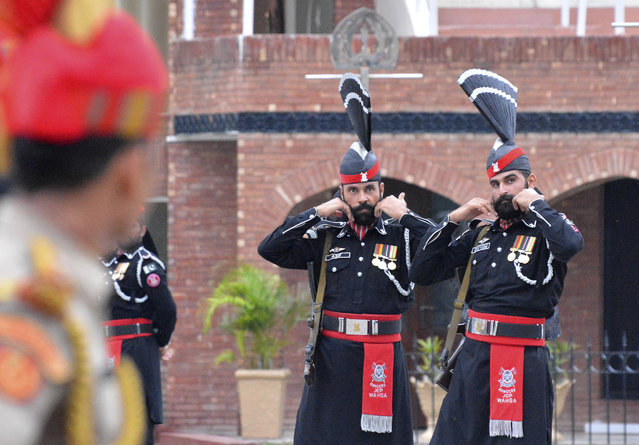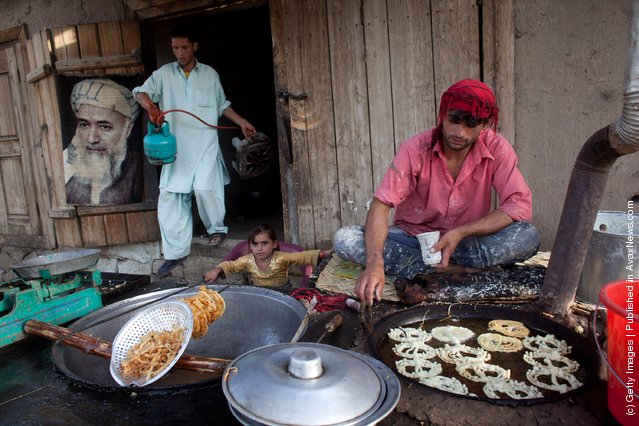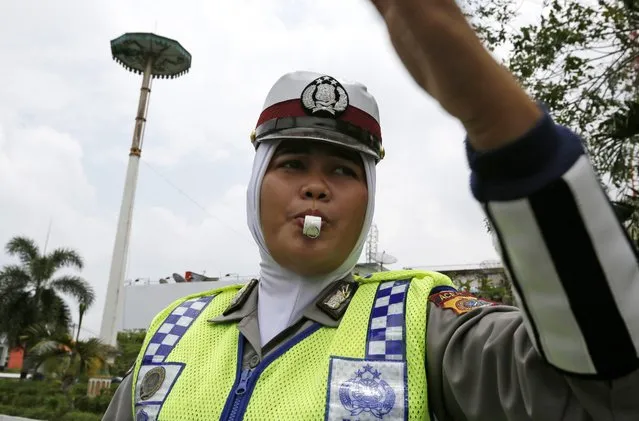
An Acehnese female police officer wear a hijab on duty in the street in Banda Aceh, Indonesia, 27 March 2015. Indonesia National Police officially issued a regulation allowing female police officer to wear the Islamic hijab (heads craft) as a part of their uniform. Indonesia is the biggest Muslim population in the world. (Photo by Hotli Simanjuntak/EPA)
30 Mar 2015 12:55:00,post received
0 comments

